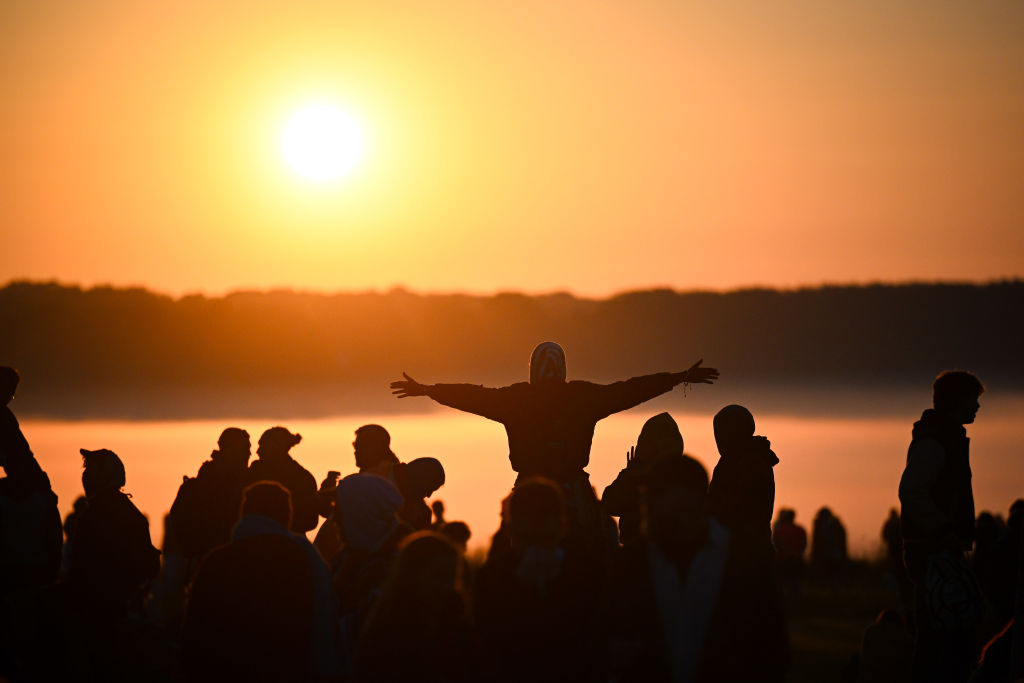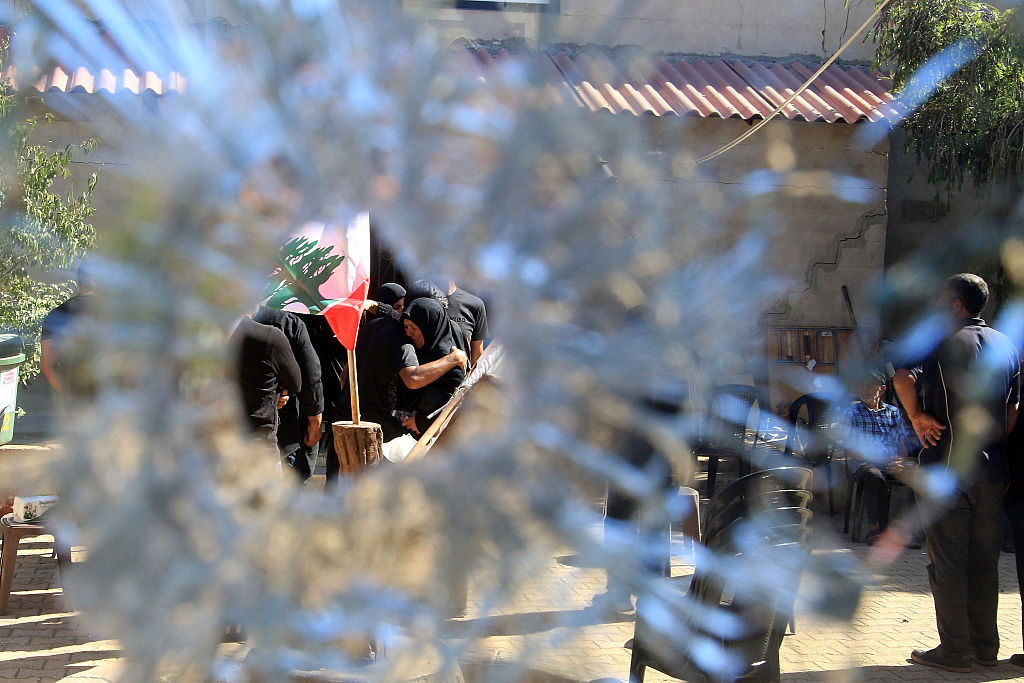Some of my long-time readers will know that for many years past I have spent a few days most summers with my colleagues from the New Criterion and Encounter Books. (The only recent exception was courtesy of Anthony “Dr. Death” Fauci, who convinced the powers that were to close down the country because a novel cold virus was making its way across the world.)
It happens that this summer, as last summer, our visit coincides with summer solstice, the longest day of the year.
Actually, that is not quite right. Today, Friday, is listed as summer solstice. It is also the date of this month’s full moon. We’ve had beautiful days and nights these last few days: windy but most clear skies and, unlike on the mainland around New York where the populace is sodden in the high humidity and roasting ninety-plus temperatures, we had delicious temperatures in the low seventies. Basking in the silvery illumination of those plump, waxing gibbous moons has been an extra treat.
But it’s not accurate to say that today is the longest day of the year. The actual solstice (from “solstitium,“ Latin for “sun-stopping”) occurred yesterday afternoon sometime after 4 p.m. My astronomical tables tell me that today is one second shorter than yesterday. Still fifteen hours and eight minutes where I live in Connecticut, but nevertheless that’s fifteen hours and eight minutes minus one second compared to yesterday.
The sun has reached its northernmost point of the year. It paused briefly. Now it has begun the (at first) slow movement to the south, bringing with it shorter days and (eventually) colder temperatures. By the time the winter solstice rolls around near Christmas, we’ll be down to nine hours and eight or nine minutes.
I remember as a child overhearing my mother remark to other grown-ups early in July that summer was “basically over” once July 4 had come.
“What, are you nuts?” I thought at the time.
July 4 might not be the very start of summer, but think about how many glorious days and weeks lay ahead.
So many you could hardly count them.
Now that I’m at least as old — in truth, a good deal older — than my mother had been when sharing that observation, I have a visceral appreciation of her point.
Time, as I’ve had occasion to point out before, really does seem to speed up as you get older.
We’ve hardly stowed the bunting from the July 4 festivities before people are talking about Labor Day and back-to-school sales.
What happened to the intervening dispensation?
Robert Frost dramatized this recognition in his brief but marvelous poem “The Oven Bird”:
There is a singer everyone has heard,
Loud, a mid-summer and a mid-wood bird,
Who makes the solid tree trunks sound again.
He says that leaves are old and that for flowers
Mid-summer is to spring as one to ten.
He says the early petal-fall is past
When pear and cherry bloom went down in showers
On sunny days a moment overcast;
And comes that other fall we name the fall.
He says the highway dust is over all.
The bird would cease and be as other birds
But that he knows in singing not to sing.
The question that he frames in all but words
Is what to make of a diminished thing.
Today is only one second shorter than yesterday, and yet… I see the post is already bringing catalogs for Christmas and winter sports. Why do you suppose that is?


























Leave a Reply